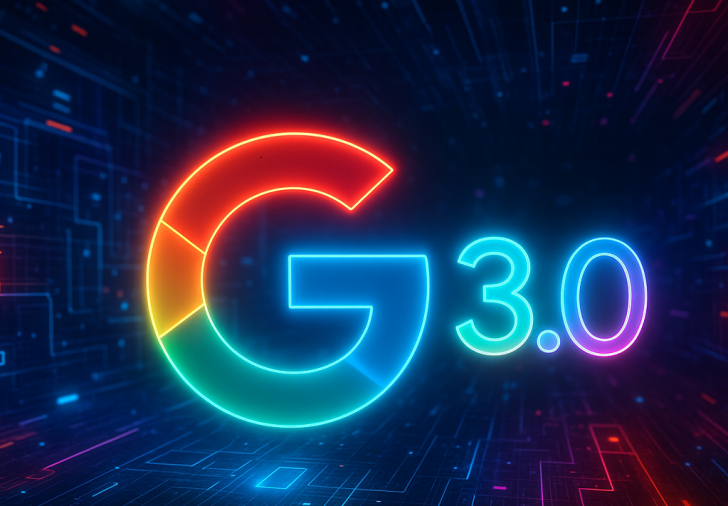⬤ Google announced the release of its new flagship AI model, Gemini 3.0, marking a significant step in the company's push to advance frontier AI capabilities. The model was provided to early testers through Google DeepMind, who described Gemini 3.0 as the most capable system they've worked with. Its performance reportedly surpasses previous models across multiple evaluation categories, establishing a new reference point for model capability.
⬤ Gemini 3.0 delivers major improvements in output quality and responsiveness, though full benchmark datasets weren't detailed publicly. Early impressions suggest a substantial upgrade to Google's Gemini architecture, which has been central to the company's broader strategy in competing with leading AI developers, including OpenAI. The strong feedback positions Gemini 3.0 as a key development in Google's ongoing efforts to refine and scale its next-generation AI systems.
⬤ Community reaction has focused on the claim that Gemini 3.0 could become the new benchmark standard for large-scale AI models. Google invited select testers to review early evaluation results and provide structured feedback. With reports of significantly improved capability, attention is shifting toward how this release may influence competitive dynamics between Google, OpenAI, and other major AI research organizations developing frontier-level systems.
⬤ The introduction of Gemini 3.0 carries broader implications for the AI sector, particularly where benchmark performance influences platform adoption, enterprise deployment, and long-term development roadmaps. A model positioned as a new industry baseline may shape expectations for efficiency, reasoning ability, and multimodal performance across the market. As competition accelerates, the emergence of Gemini 3.0 underscores the rapid pace of progress and the strategic value of continual upgrades in next-generation AI development.
 Peter Smith
Peter Smith

 Peter Smith
Peter Smith


